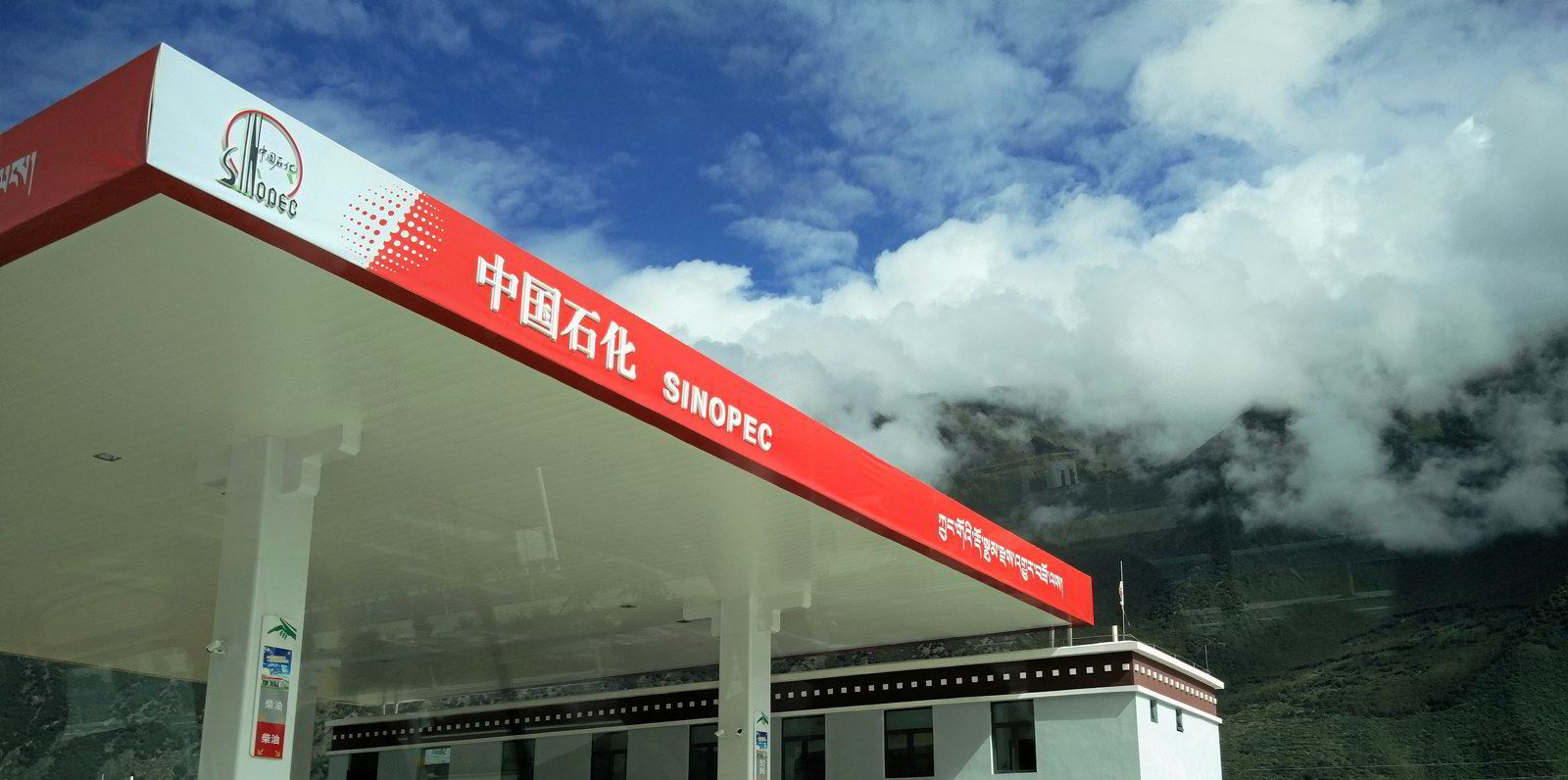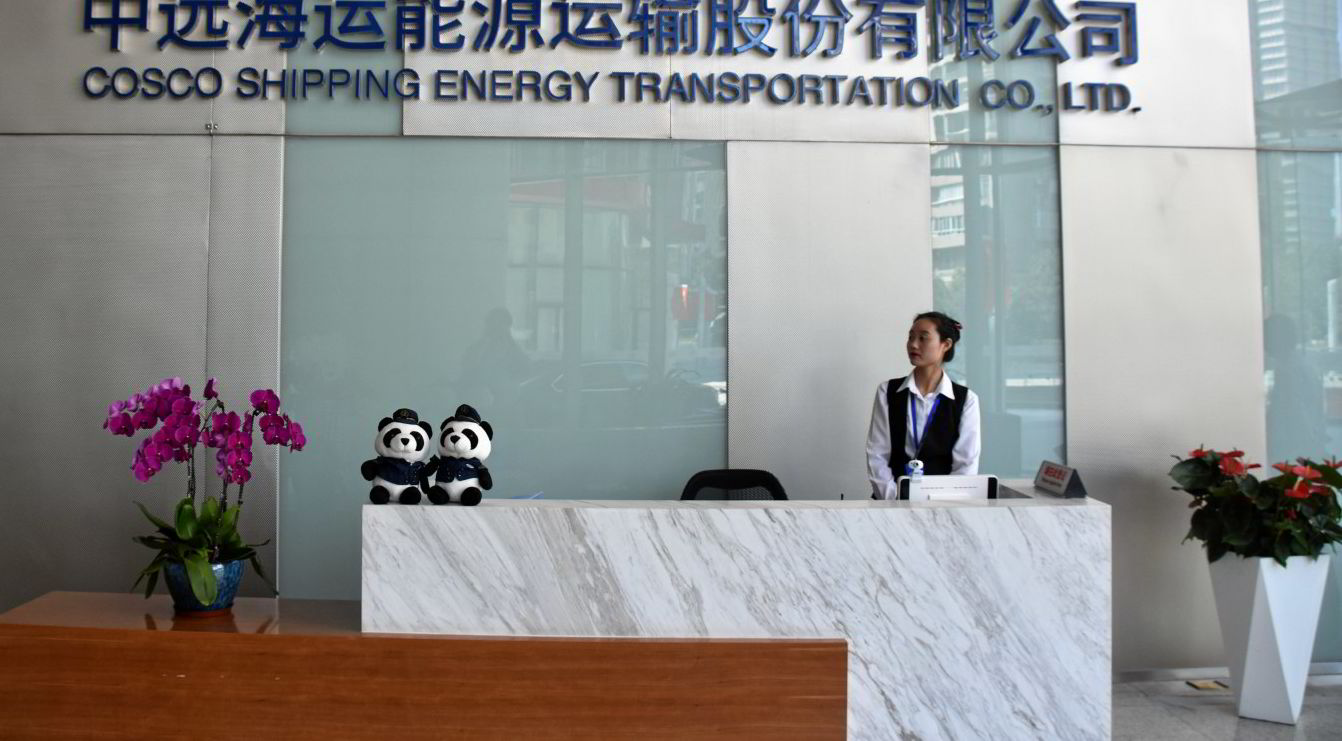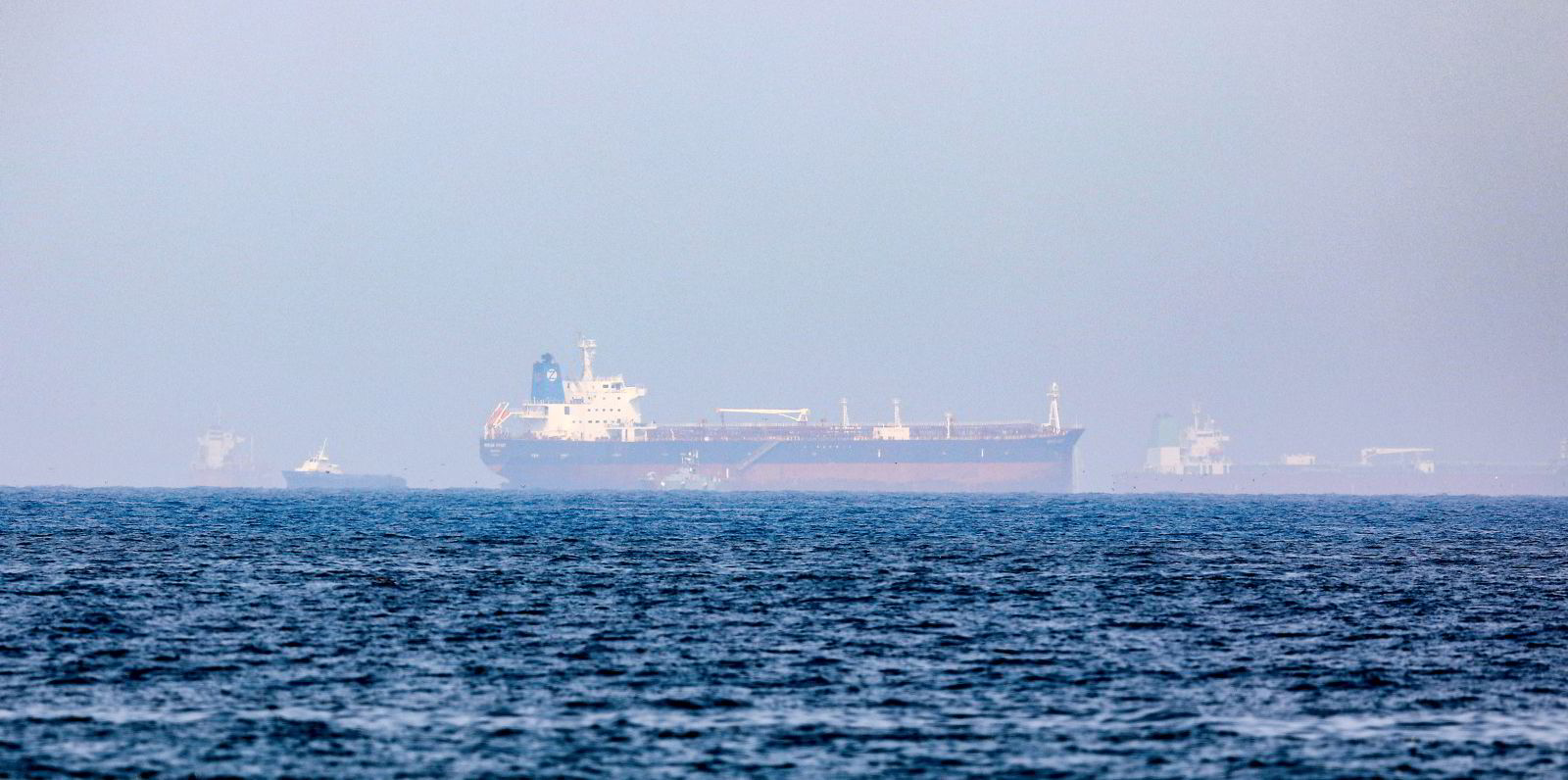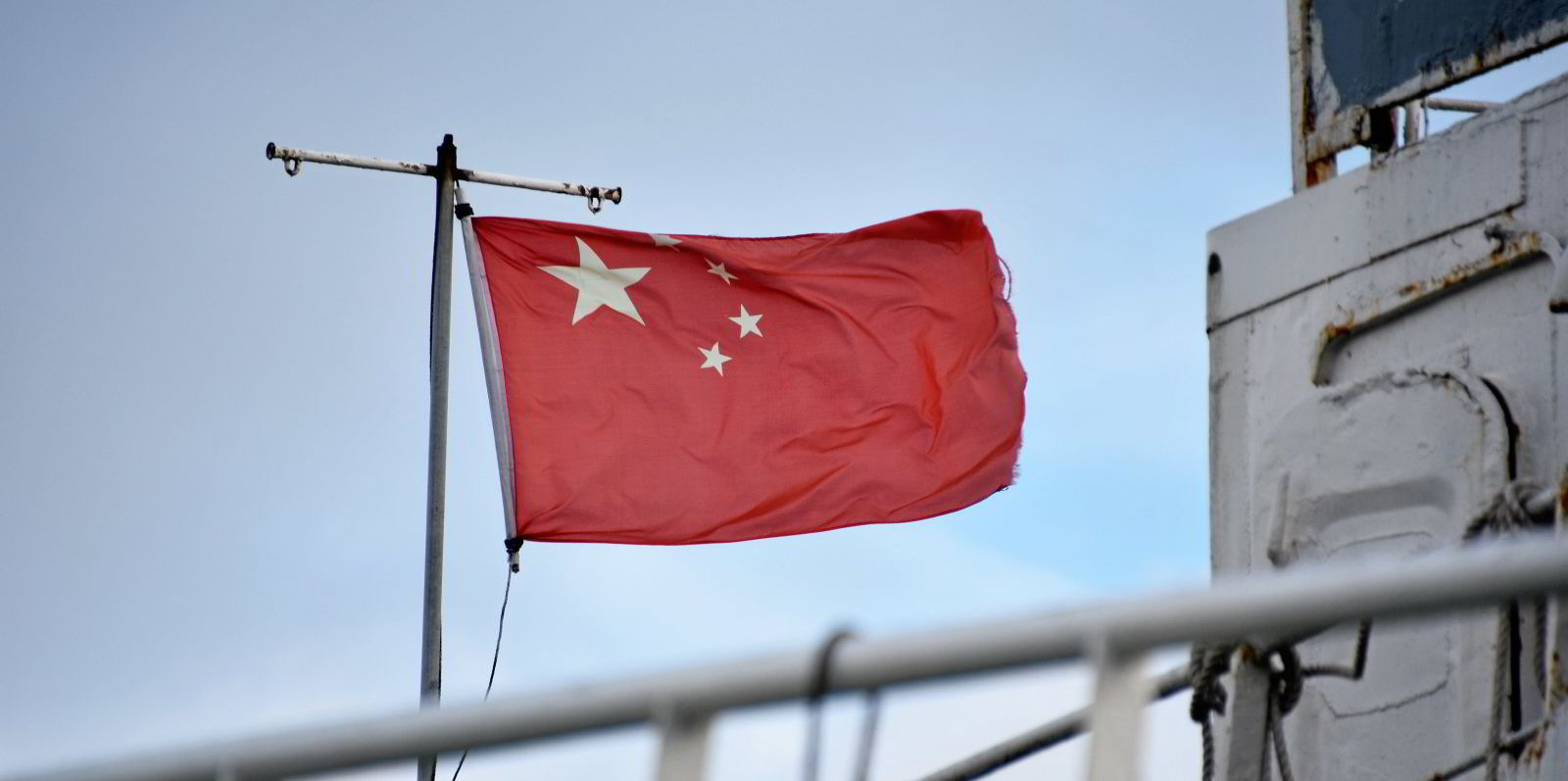Sinopec, the world’s largest dirty tanker charterer by far, publicly called on Chinese shipowners to carry more oil for Chinese cargo owners in 2009.
At the time, Beijing set a near-term target to have 50% of crude imports transported on Chinese-controlled tankers and a long-term goal of 80%.
A decade on, China’s state-backed owners have added dozens of VLCCs to their fleets. But the ambitious goals have not been met as seaborne crude imports have skyrocketed.
Some Chinese shipping sources said the targets are no longer a focus in Beijing as the government has apparently become more confident in its energy security.
“One thing to note is that the government has never put any hard targets into the regulatory framework. They only have some guidelines regarding these import goals,” a tanker owner said.
“Chinese owners now have much more tanker capacity, so there is no strong focus on this policy anymore.”
State-backed China VLCC and Cosco Shipping Energy Transportation together own just over 100 VLCCs, of which about 80% were built after 2010.
Others suggested Chinese refiners have never had difficulties securing tonnage from shipowners at home and abroad, with the tanker market often oversupplied.
“Market conditions probably have trumped such policy initiatives … The market is full of ships,” another owner said.
Major Chinese state-run charterers such as Sinopec and PetroChina are known to be conservative and have generally shown little appetite in committing to period charters.
Instead, they have sealed large contracts of affreightment (COAs) with Chinese owners and often charter tankers from foreign owners in the spot trade to fill any remaining requirements.
Sinopec’s chartering arm Unipec fixed 453 dirty tankers in the spot market to transport 101m tonnes of crude and fuel oil in the first half of this year, according to brokerage Poten & Partners.
Shell, the second-largest charterer, booked only 244 tankers to ship 23.2m tonnes.
“There is a common misconception that Chinese charterers will favour Chinese owners in the spot trade. In fact, they just take the best offers,” the first owner said.
However, Chinese oil majors are believed to reserve large cargo bases for compatriot owners through COAs, even though detailed figures have not been disclosed.
“The call for more Chinese imports on Chinese tankers has actually turned out to be a very good risk-management tool,” a broker commented.
“The owners have regular access to cargo when the market is bad and the charterers have secure tonnage when the market is good.”






